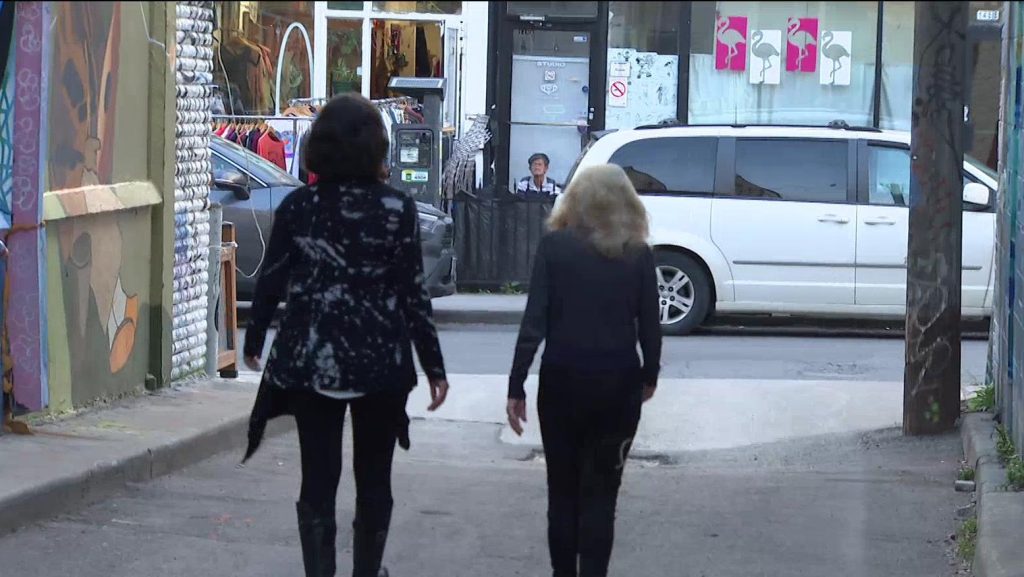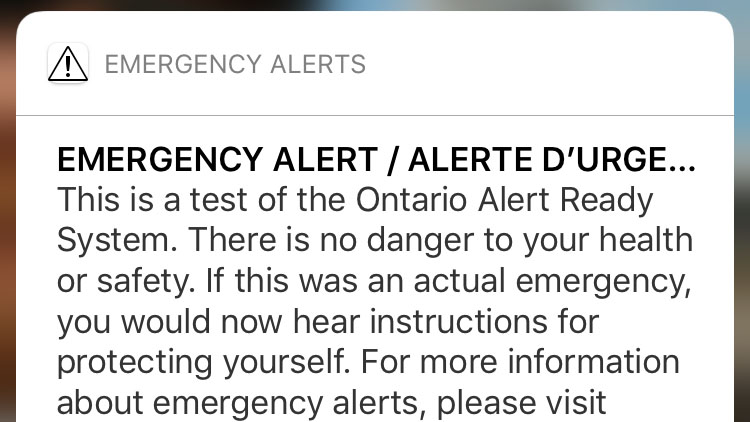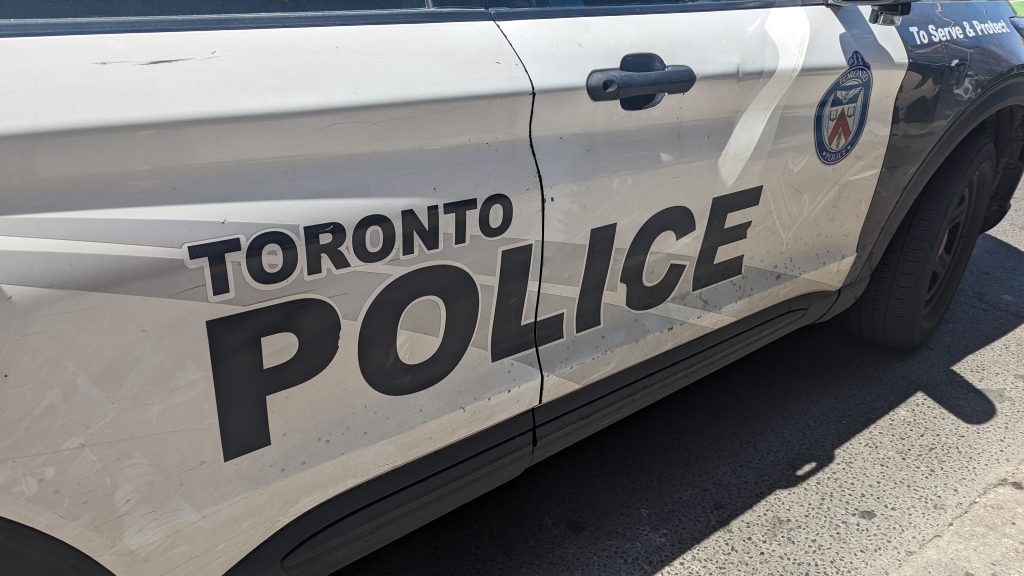Man walks Toronto streets with ‘Need O Kidney For Wife’ sign to find donor
Posted August 27, 2022 10:47 pm.
Last Updated August 28, 2022 7:56 am.
If you’ve adapted to walking the streets of downtown Toronto, it can become second nature to ignore the hundreds of billboards that line the city’s core. But this past week, one sign caught not only the eyes of passersby, but their hearts as well.
“Sometimes you have to do the old school approach to get something across,” Charlie Latino tells CityNews.
It was a Tuesday afternoon when the Stouffville resident dropped his wife Lucy off at her regular dialysis appointment in Richmond Hill, before making his way to a busy intersection to wear a sign made by his eight-year-old granddaughter, all in hopes of finding Lucy a living kidney donor.

Charlie Latino’s granddaughter is making a sign for him to use on Toronto streets in hopes of finding his wife, Lucy, a kidney donor. (Photo courtesy Dannielle Rodrigues)
“I stroll down to Yonge and Dundas. Get so much attention. People just said that’s incredible,” says Latino, “And don’t know how you do it. But for the person you love, you do anything.”
Lucy Latino was diagnosed with focal segmental glomerulosclerosis (FSGS) in 2009, a rare disease affecting the filters in her kidneys, leading to damage, and now failure. At the end of 2020 is when she learned that she needs a new kidney sooner than later.
“The average wait time for a kidney donor is seven to 12 years… five if you’re lucky,” says Lucy, referencing the waitlist for a deceased donor in Canada.
After discovering that no one within their family was a suitable donor, Lucy’s daughter Dannielle Rodrigues turned to social media. Launching the hashtag #lucyneedsakidney
“It took some time to get used to the idea of putting it out there. It’s such a big ask, but we did it and the support has been overwhelming from the community that is out there,” says Rodrigues, adding that the idea was to find a living donor for her mom while also educating others about organ donation.
“And if it doesn’t help my mom, maybe it will help someone else.”

A man from Stouffville has been walking Toronto streets with a sign in hopes of finding a kidney donor for his wife. (Photo courtesy Dannielle Rodrigues)
Heather Badenoch, a communication strategist and living donor herself, dedicates her time pro bono to assist families like Lucy’s in navigating these types of social media campaigns.
With the goal of assisting 100 families in finding a living donor, Badenoch has helped 24 to date.
“We sometimes see things on social media that can spread really far beyond the city that they started in. So we want to make sure the public appeal includes the city that you’re in,” says Badenoch.
She also places value in sharing one’s personal story, adding that often times people step forward to give because they feel a connection to the person who needs the donation.
“For example, an appeal that I’m helping with in Ottawa right now, she is a retired nurse. And far and away, most of the responses we have received to her Facebook page are from former or current nurses who feel a connection to her,” says Badenoch.
“Even if they haven’t met her in person, their responses are often well, she’s one of us so we’re going to help her”
Badenoch also suggests that many are under the impression that a living kidney donor has to be the same blood type as the recipient to save their life. That’s not the case, thanks to the national Kidney Paired Donation program run by Canadian Blood Services.
The program matches transplant candidates with suitable living donors, providing an opportunity to become a living donor while ensuring that the person they want to help receives a required kidney, even if they are not a direct match.
“If anyone is considering a living donation to seriously consider it. Because you are not only just impacting that one person’s life, but their entire family. It’s a trickle effect,” says Rodrigues.
“If you’re a living donor to say, my mom, she comes off the waiting list and someone else gets the next deceased donor. Essentially saving two lives.”
According to the Trillium Gift of Life Network, only 35 per cent of people in Ontario are registered as deceased donors.
If you are interested in registering, you can visit www.beadonor.ca. All that is required is your OHIP number and date of birth.
To learn more and to apply to be Lucy’s donor, you can contact University Health Network’s Living Kidney Donor Program.










